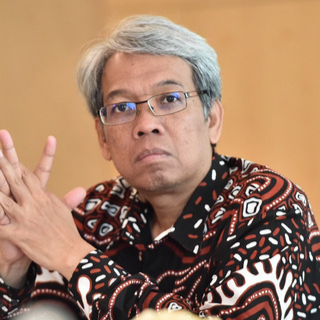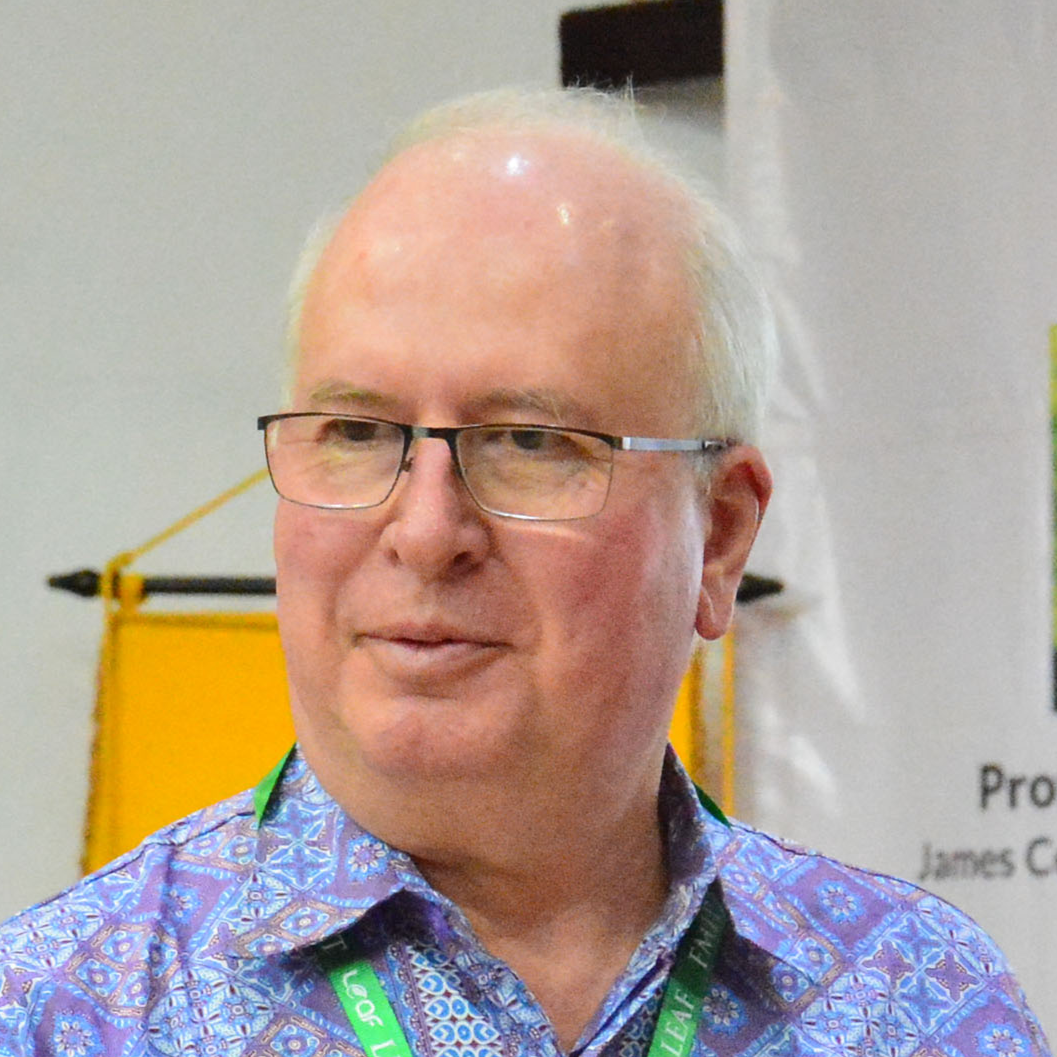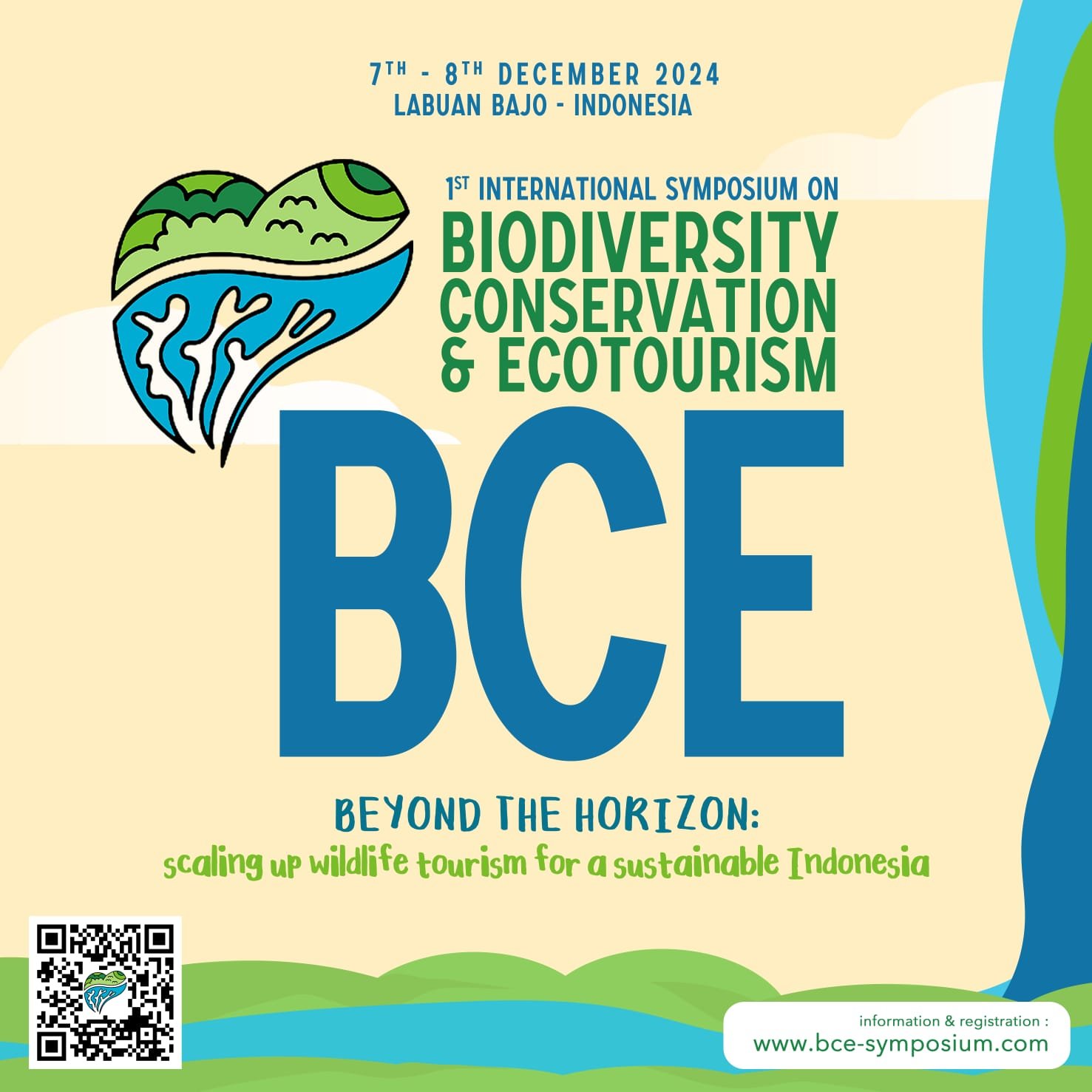
Dr. Ronda Green
Chair of Wildlife Tourism Australia; Griffith University Australia
Title: Wildlife tourism in Australia
Wildlife tourism in Australia is a significant sector, featuring the country’s diverse fauna, including terrestrial and marine wildlife watching, visiting zoos and sanctuaries, and participating in conservation and citizen science. Environmental Impact, Human-Wildlife Interactions, and Quality Interpretation are major challenges. Wildlife Tourism Australia Inc. encourages enjoyable, memorable, educational experiences for tourists while protecting the unique wildlife and habitats. Are you interested in any specific aspects of Australia’s wildlife tourism?

Prof. Satyawan Pudyatmoko
Director General of Natural Resources & Ecosystem Conservation (BKSDAE)
Title: Policy Implementation of the New Law 32 of 2024 on Biodiversity Conservation
The main implementation strategies are National Biodiversity Strategy and Action Plans (NBSAPs), Legal Frameworks, Funding and Incentives, and Public Awareness Campaigns. This policy focus on Terrestrial Conservation, Marine and Coastal Areas, Indigenous Rights, Implementation and Enforcement, and Global Biodiversity Goals. Overall, while the new law marks progress in some areas, there are still significant challenges and criticisms, particularly regarding marine conservation and Indigenous rights. How do you feel about these new measures?

Prof. Jatna Supriatna
Chair of Indonesia Science Fund; Professor of Conservation Biology at Universitas Indonesia; Member of Indonesia Sustainable Tourism Council
Title: Wildlife tourism in Indonesia
Indonesia is a fantastic destination for wildlife tourism, offering a diverse range of unique and spectacular wildlife experiences. Indonesia's wealthy ecotourism destinations allow travelers to experience its natural beauty while promoting conservation and supporting local communities. Indonesia’s rich biodiversity and unique wildlife make it a paradise for nature lovers. These destinations not only provide unforgettable experiences but also help in preserving Indonesia’s rich natural heritage. Have you visited any of these places?

Prof. Chris Margules
Professor of Conservation Planning; James Cook University Australia
Title: Transdisciplinary Science for Improved Biodiversity and Development
Outcomes
Major advances in biology and ecology have sharpened our understanding of what the goals of biodiversity conservation should be, but less progress has been made on how to achieve the protection of biodiversity alongside community development in the complex multi-sectoral world of human affairs. The failure to deliver conservation outcomes is especially severe in the rapidly changing landscapes of tropical countries, in which the livelihoods of many people are dependent on the local environment. We describe five techniques we have used to complement and strengthen long-term attempts to achieve conservation and development outcomes in the landscapes and seascapes of such regions. Landscapes and seascapes are complex social-ecological systems shaped by interactions between biological, ecological and physical features mediated by the actions of people. Conservation outcomes occur as a result of human decisions and the governance arrangements that guide change. However, much conservation science in these countries is not rooted in a deep understanding of how these social ecological systems work and what really determines the behavior of the people whose decisions shape the future of landscapes. We describe five scientific practices that we have found effective in building relationships with actors in landscapes and influencing their behavior in ways that reconcile conservation and development. We have used open-ended inductive enquiry, theories of change, simulation models, network analysis, and multi-criteria analysis. These techniques are all widely known and well tested but seldom figure in externally funded conservation projects. We have used these techniques to complement and strengthen existing interventions of international conservation agencies. These five techniques have proven effective in achieving deeper understanding of context, engagement with all stakeholders, negotiation of shared goals and ongoing learning and adaptation

Prof. BCE
BCE
Title: BCE
BCE?

Prof. BCE
BCE
Title: BCE
BCE?

